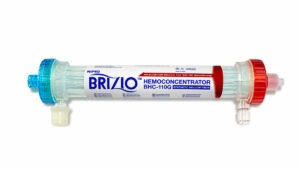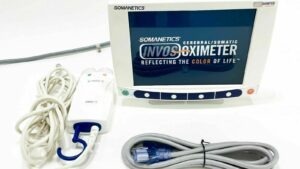
The Effect of Perioperative Antithrombin Supplementation on Blood Conservation and Postoperative Complications After Cardiopulmonary Bypass Surgery: A Systematic Review, Meta-Analysis and Trial Sequential Analysis
This meta-analysis investigated the effect of perioperative antithrombin (AT) supplementation on patients undergoing cardiopulmonary bypass (CPB) surgery, analyzing 13 randomized controlled trials with 996 participants. The study found that perioperative AT did not significantly reduce postoperative blood loss or the need for blood transfusions, and it was associated with increased in-hospital mortality and acute kidney injury incidence.










